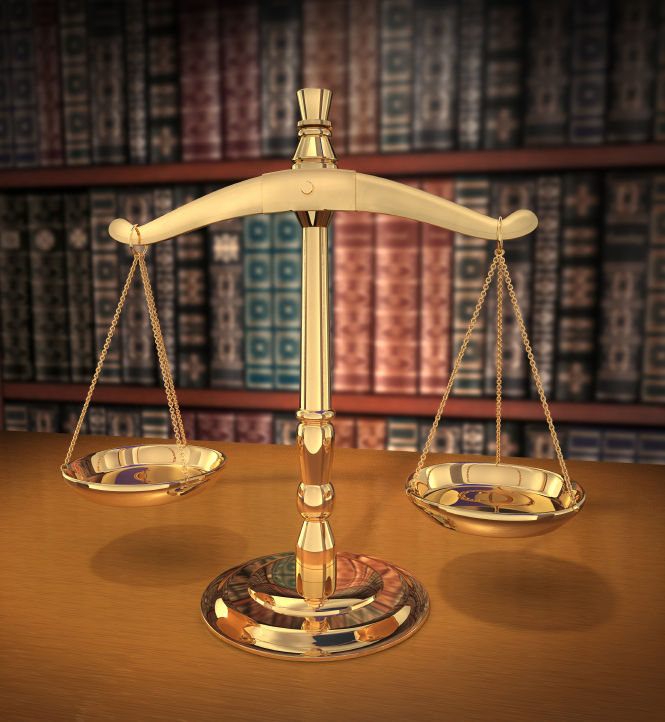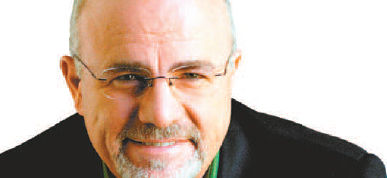
Jury convicts Houston officer in “Up Da Bayou Boyz” case in federal court
January 15, 2016
Tax refund pays for seminary school, but should it?
January 21, 2016A Houma attorney has brought his quest to be registered as both a Democrat and a Republican to the U.S. Supreme Court, alleging that a refusal by state officials to let him do so violates his rights under the Constitution.
Whether the highest court in the land will agree to hear the case remains to be seen. But Louisiana’s top Republican Party leader has made clear that he doesn’t buy the theory.
“That’s ridiculous,” said the state party chairman, Roger Villere, in a telephone interview. “You are either a Republican or a Democrat. You can’t be both. You have to make a decision. This is a typical politician that can’t decide what he is and wants to change the rules for everybody.”
Members of Baldone’s current party – the Democrats – have said generally that they are puzzled by the attempt.
Baldone was considering a new run for state representative in 2015, but opted against doing so. Louisiana law requires that candidates’ listed parties on ballots be identical to the party to which they are registered.
But some voter advocates – while not commenting directly on Baldone’s case – say that he raises important questions concerning access to the electoral process. Even if those questions are not answered by the judicial system, they could be the basis for future discussions at the legislative level on how Louisiana might wish to fine-tune its democratic processes.
“I know the odds are small that they may hear my case,” Baldone said, while discussing his reaching out to the Supreme Court. Nonetheless, he maintains the issues raised by his litigation – which began in the courtroom of District Judge David Arceneaux last year – are anything but frivolous.
Specifically, he objects to the Terrebonne Parish Registrar of Voters’ refusal to recognize, in registration logs, his preference to be listed as both a Republican and a Democrat. Instead, he maintains, his party affiliation was designated as “Other,” which was never his intent.
Baldone says that denies his right to freedom of association under the First Amendment. He also alleges that his right to equal protection of laws, embodied in the 14th Amendment, has also been violated.
The mandatory language of state laws, that the Registrar “shall note the political party/parties designated by the Registrant” “was not followed by the Terrebonne Parish Registrar of Voters’ actions by noting Damon J. Baldone’s affiliation as ‘OTHER’ rather than Republican and Democrat as he submitted,” the petition to the high court says.
Both the Republicans and Democrats, Baldone has maintained in interviews, have stands on issues and contained in their platforms that he variously agrees with. Being forced to choose one or the other – which he says violates the wording of the state’s own laws, which use the term “party/parties” – stifles his freedom of expression.
Receipt of mailings and other contact that he wishes to have with both parties, Baldone has stated, is thwarted by the clerk’s interpretation of the law, and by extension the interpretations offered by lower courts through their rulings.
The role the Louisiana Secretary of State plays in party politics – as the essential gatekeeper for party registration – is cited as problematic in Baldone’s Supreme Court filing.
“There is no process in Louisiana for a citizen to join a political party directly; one must register with the local Registrar of Voters,” Baldone’s petition states. “Candidates, political consultants, political parties, political action committees, pollsters and citizens can purchase the Voter Registration List in order to contact members of specific political parties in order to share ideas, influence elections and promote principles,” the filing reads. “The Secretary of State’s website tells the public that the database of public information of registered voters is available for purchase using specifically defined selection criteria. The purchaser is responsible for defining the selection criteria. A purchaser can select any or all voters of the recognized political parties as well as ‘No Party’ or ‘Other.’ Purchasers also have the option of other criteria such as age, race and gender. Both the Republican and Democratic Parties of Louisiana acquire their membership list by purchasing the roll from the Secretary of State.”
Baldone’s suit suggests that scenario as being a case of the tail wagging the dog in the party affiliation sense.
A question the suit begs, voter advocates have said in interviews, is whether – through legislation if not the courts – there is reason to more closely examine how Louisiana registers voters and maintains the rolls.
FairVote is a Maryland-based non-profit with no political affiliation that studies and makes recommendations on policy relating to voting issues. Michelle Whittaker, the organization’s spokeswoman, said the argument is intriguing.
“It is a great opportunity to explore other options for elections within Louisiana in the sense that it would help give a broader sense of how elections are done in New York or Washington state, what that means in terms of how political parties and voters are able to express their opinion and participate in the process,” she said.
New York allows multiple party endorsements, and Washington has a similar protocol.
The question ultimately, Whittaker said, could center on how parties choose candidates. She praised elements of Louisiana’s current system, including the open primaries that do not require voters of a particular party to vote within that party for candidate nominations.
“A lot of great things are happening in Louisiana,” Whittaker said, noting that no matter how Baldone’s court case turns out “he and others can look at ways to further enhance the system.” •








